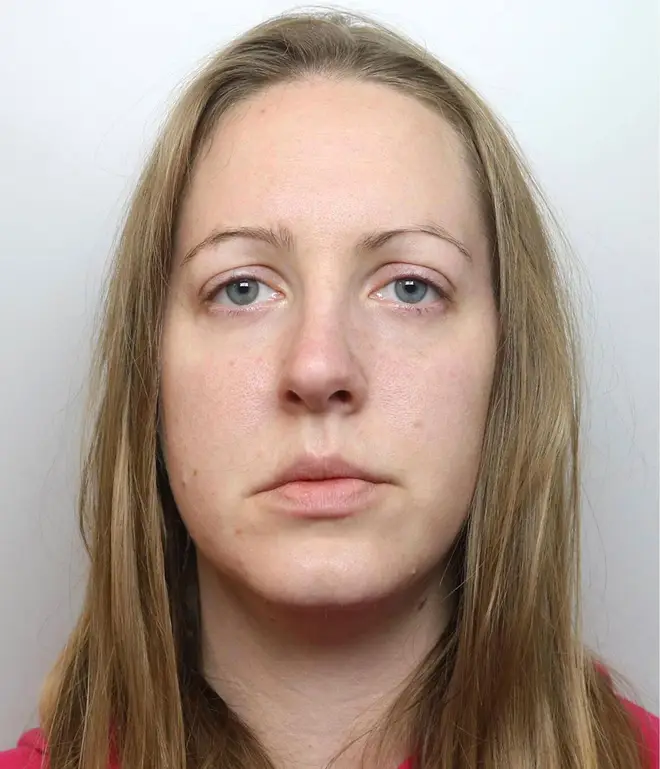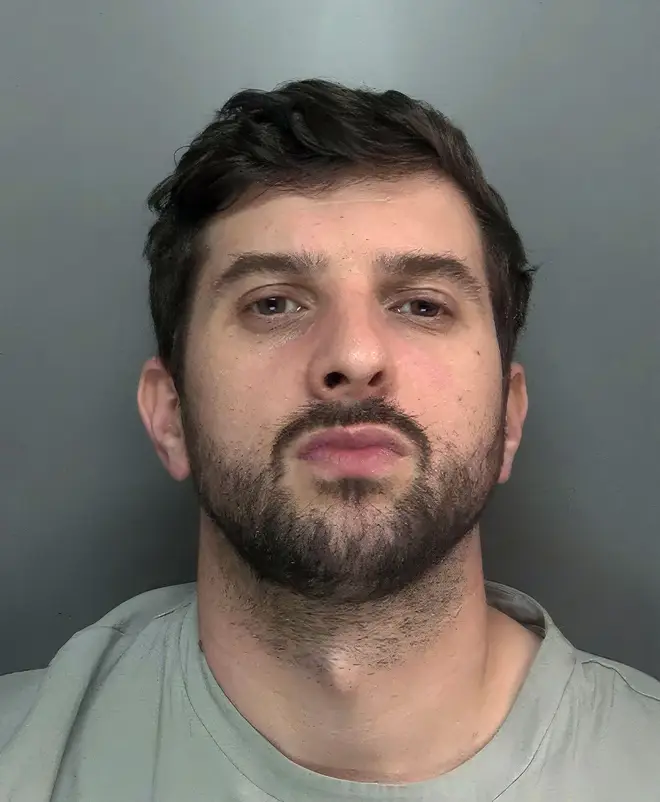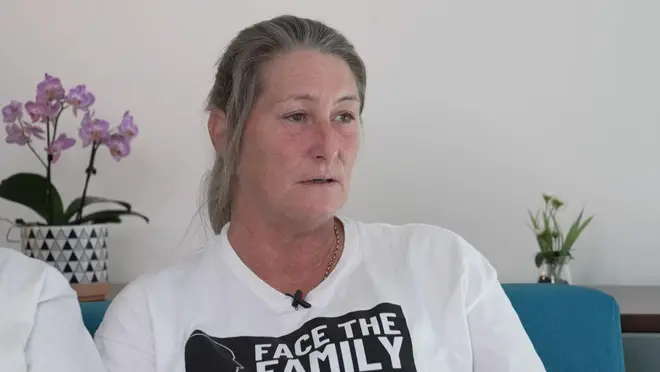
Dean Dunham 9pm - 10pm
30 August 2023, 12:49 | Updated: 30 August 2023, 13:34

Criminals will be forced to attend sentencing hearings in court and face a longer spell in prison if they refuse to comply under new laws.
Judges will have a new power to order offenders to go to their hearing, while custody officers will be able to use "reasonable force" to bring criminals to the dock.
Those who refuse face an extra two years in jail.
It comes after killer nurse Lucy Letby was too cowardly to appear in court to see herself get a whole life order.
She did not appear for her sentencing after being convicted of murdering seven babies and trying to kill six more.
Rishi Sunak said: "It is unacceptable that some of the country's most horrendous criminals have refused to face their victims in court.

"They cannot and should not be allowed to take the coward's way out.
"That's why we are giving judges the power to order vile offenders to attend their sentencing hearings, with those who refuse facing being forced into the dock or spending longer behind bars."
Justice secretary Alex Chalk said: "Every time a cowardly criminal hides from justice by refusing to appear in the dock for their sentencing it is another insult to their victims and their families.
Read more: 'Life means life': Government to expand whole-life prison sentences for most depraved killers

"Our reforms will give judges the power to order offenders to come to court to hear the impact of their crimes directly from victims, so that they begin their sentences with society's condemnation ringing in their ears."
The two year extra jail term for those who refuse to come to the dock will be used for crimes where the maximum sentence is life imprisonment, such as murder, rape and GBH with intent.
Life in prison carries a minimum sentence that must be served before they can be considered for parole.

The Ministry of Justice said: "The change will mean victims can look offenders in the eye and tell them of the devastating consequences of their crime as they read out their impact statement, rather than addressing an empty dock."
During sentencing hearings, victim statements are often read out, setting out how the crime has upended their lives.
Letby is not the only criminal convicted of a serious offence to refuse to face their victims in court.
Thomas Cashman shot dead nine-year-old Olivia Pratt-Korbel in Liverpool last year and he refused to go too, meaning he avoided hearing how her murder had crushed her family.
Her mother, Cheryl Korbel, backed the Face the Families campaign in a bid to force criminals to face the music.
"The law needs to change. [Courts] need to have more power to bring these offenders up to the door and to face the families and listen to the impact statements," she said previously.
Jordan McSweeney refused to attend his sentencing over his sexual assault and murder of Zara Aleena in London.